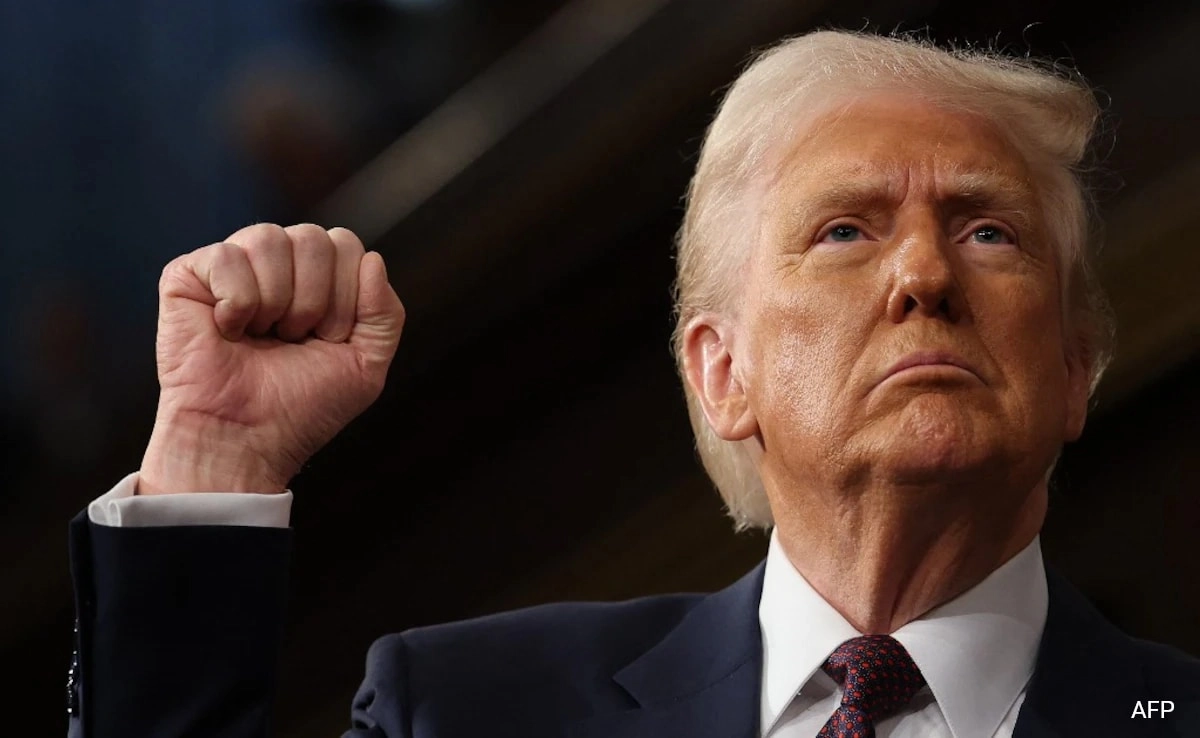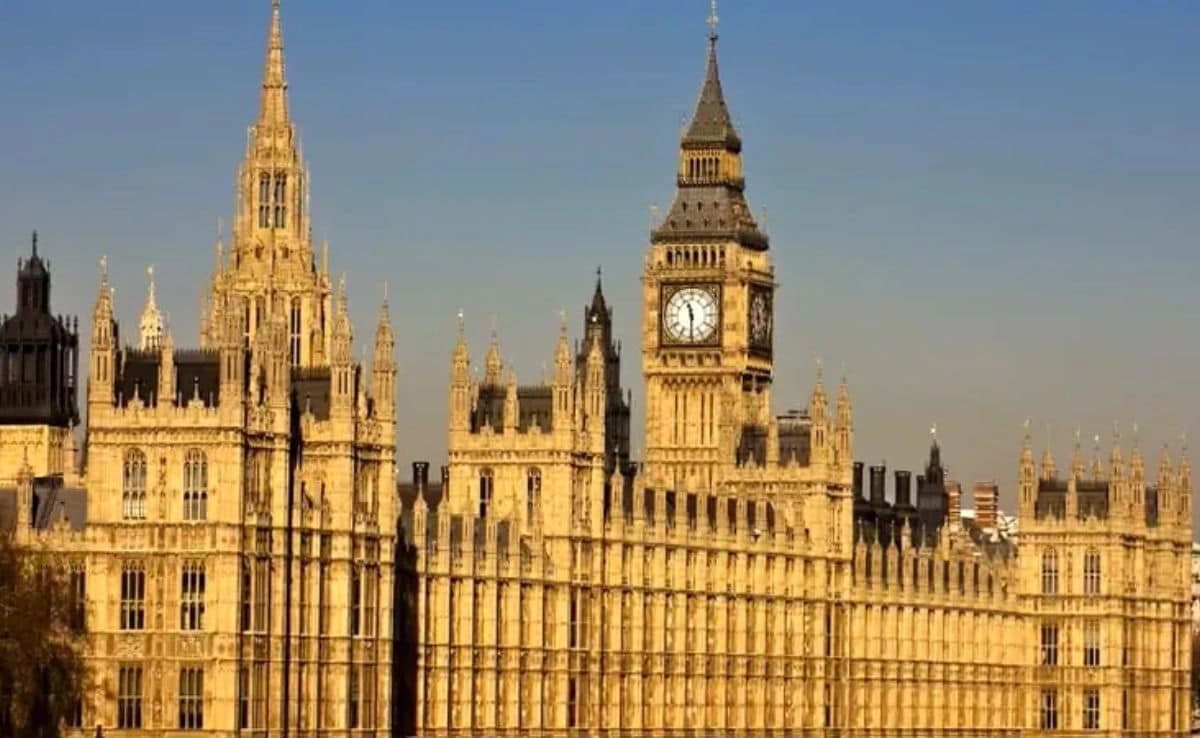Former President Donald Trump has officially declared May 8 as “Victory Day” in the United States, a move that has stirred both intrigue and controversy. This declaration comes as a symbolic recognition of the end of World War II in Europe, celebrated by many as a day of triumph over fascism and tyranny. By designating a specific day to commemorate this historic victory, Trump aims to foster a sense of national pride and unity, encouraging Americans to reflect on the sacrifices made by countless individuals during the war. The choice of May 8 is significant, as it marks the anniversary of the unconditional surrender of Nazi Germany in 1945, a pivotal moment that reshaped the course of history.
However, the announcement has also sparked a debate about the implications of such a designation in contemporary America. Critics argue that while the intent behind “Victory Day” may be rooted in honoring history, it risks being co-opted by political agendas that seek to divide rather than unite. In a nation increasingly polarized by political affiliations, the establishment of a day dedicated to victory may be seen by some as a nostalgic nod to past conflicts rather than a genuine call for healing and reconciliation. Furthermore, the potential for the day to be appropriated by various groups for their own purposes raises questions about the meaning of victory in a modern context, where the battles for social justice and equality continue.
The declaration also invites reflection on the lessons learned from World War II and the importance of remembering the past to inform the present and future. Victory Day could serve as a reminder of the need for vigilance against threats to democracy and human rights, emphasizing the responsibility of citizens to uphold the values for which so many fought and died. As Americans grapple with contemporary challenges, the commemoration of historical victories can inspire a renewed commitment to civic engagement and collective action. Whether embraced or criticized, Trump’s declaration of May 8 as “Victory Day” underscores the ongoing relevance of historical narratives in shaping national identity and discourse.
In conclusion, the establishment of Victory Day presents an opportunity for Americans to engage with their history in a meaningful way. It challenges citizens to consider what victory truly means in today’s world and how that definition can evolve over time. As the nation reflects on the past, it must also confront the present realities that demand collective effort and solidarity. Ultimately, the significance of May 8 as Victory Day may lie not only in commemorating historical events but also in inspiring a future where the lessons of the past guide the nation toward a more inclusive and equitable society.




